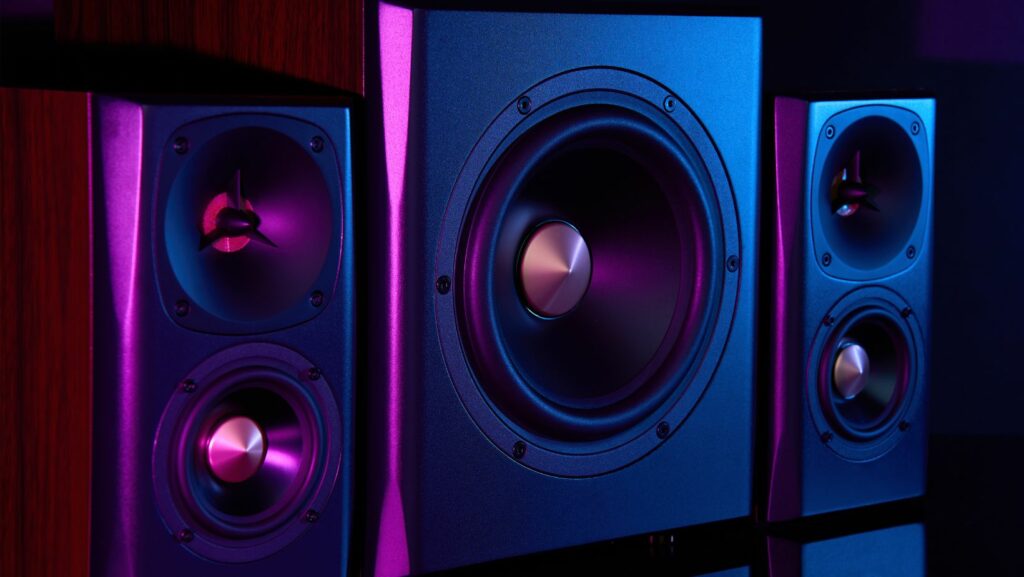In the ever-evolving world of music and entertainment, sound engineers play a crucial role in creating compelling audio experiences. These professionals blend technical skills with creativity to ensure that every note and sound is expertly captured and delivered. As the demand for high-quality audio continues to grow, understanding the educational requirements for aspiring sound engineers is essential for those looking to enter this dynamic field.
Sound Engineer Education Requirements

Sound engineering is not merely about having a good ear; it requires a solid educational background. Prospective sound engineers often pursue specialized training to master audio technology, which includes understanding acoustics and operating advanced equipment.
The path to becoming a sound engineer typically involves both formal education and hands-on experience. Whether through a degree program or a technical course, the right educational foundation can open doors to a rewarding career.
Core Education Requirements
Sound engineering encompasses creating, mixing, and manipulating audio. Aspiring sound engineers should acquire various technical skills and concepts, including audio equipment operation, signal flow comprehension, and mastering audio software. Familiarity with acoustics is also crucial, as it involves understanding sound behavior in different environments.

Educational programs in sound engineering cover essential subjects such as music theory, electronics, and computer applications. Coursework often focuses on sound production techniques, including recording, editing, and mixing, while emphasizing practical training that is vital for real-world application.
Proficiency in digital audio workstations (DAWs) is a key requirement. Popular DAWs like Pro Tools and Logic Pro allow for complex audio manipulation, and knowledge of audio plugins and virtual instruments enhances the sound engineer’s toolkit. Additionally, collaboration and communication skills are essential, as sound engineers often work closely with producers, performers, and directors.
Certification and Continuous Learning
Certifications can enhance a sound engineer’s expertise and marketability. Professional organizations like the Audio Engineering Society offer certification programs that validate technical skills and commitment to industry standards. Certified sound engineers may gain a competitive edge in the job market.
The dynamic nature of the audio industry necessitates ongoing learning. Sound engineers must stay updated with emerging technologies and industry trends, and continuous professional development ensures they remain effective in their roles.
Pathways to Becoming a Sound Engineer

Aspiring sound engineers can pursue various educational pathways. Community colleges and technical schools offer associate degree programs in audio technology or sound engineering, typically lasting two years and covering essential skills. Bachelor’s degree programs in sound engineering or audio production at universities provide a more comprehensive education, emphasizing music theory, sound design, and studio production.
For those seeking specialized knowledge, master’s programs in audio engineering focus on advanced topics such as acoustical engineering and sound synthesis. Practical experience through internships or apprenticeships is vital, allowing students to apply theoretical knowledge in real-world settings and enhancing their technical proficiency.
Online courses and workshops offer flexible learning opportunities for those wishing to update their skills. Platforms like Coursera and LinkedIn Learning provide courses in audio production and sound design, enabling aspiring sound engineers to stay current with industry developments.
Skill Development and Practical Training

To excel in their craft, sound engineers must develop various skills. Technical acumen involves operating audio equipment, understanding signal flow, and comprehending acoustics. Practical training is gained through internships, where aspiring engineers work on live projects and collaborate with professionals, refining their technical abilities and communication skills.
Continuous skill enhancement is essential in this rapidly evolving field. Attending workshops and participating in online courses ensure that sound engineers remain knowledgeable about the latest technologies and practices, contributing to their adaptability and success.
Advancing in the Field
Licenses and certifications enhance a sound engineer’s qualifications and competitiveness. While not mandatory, credentials like those from the Audio Engineering Society or Pro Tools demonstrate proficiency in specialized areas. Employers often view these certifications as indicators of a sound engineer’s commitment to excellence and professional growth.
In summary, aspiring sound engineers have multiple educational pathways to explore, each offering opportunities to develop essential technical and creative skills. By embracing formal education, practical experiences, and ongoing learning, sound engineers can enhance their expertise and open doors to diverse career prospects. With dedication and the right training, they can significantly impact the music and entertainment industries, delivering exceptional audio experiences.

